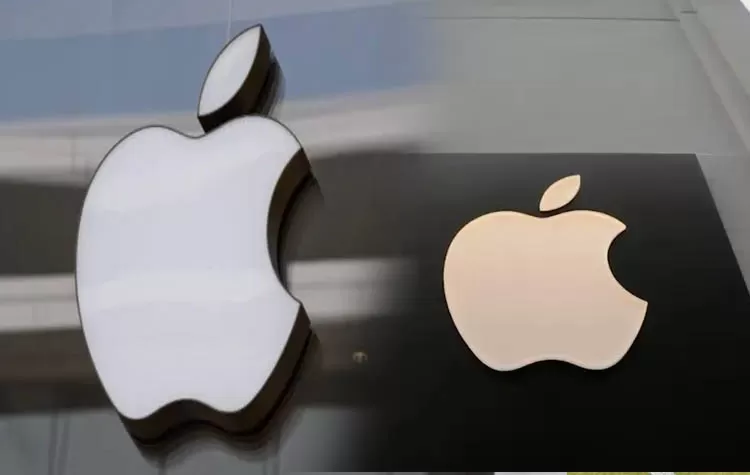
Apple Inc. reported quarterly results for the fiscal year to date, which were above expectations. The company, however, indicated possible risks in the wake of changing U.S. tariff policies. Apple Chief Executive Tim Cook said the tariffs would have a financial impact of as much as $900 million on Apple, mostly on its global supply chain business.
The announcement comes as China and the United States escalated tensions between them as both nations continue to impose high tariffs on imports. Apple has begun to realign its production plan to offset the financial blow anticipated.
Apple Warns of Supply Chain Risks
During the earnings call, Apple affirmed that the current trade war between the U.S. and China has brought massive uncertainties into its supply chain. While the company posted $95.4 billion in revenue in the first quarter — $17 billion of which came from China alone — worries about rising tariffs could impact future financial health. Under current tariff rules, if left unchanged, would mean an additional expense of $900 million for the company, according to CEO Tim Cook.
Against this backdrop of risks, Apple is strategically expanding its manufacturing footprint outside of China. While major items like iPads, Macs, Apple Watches, and AirPods are already made in Vietnam, Apple also upped production efforts in India. Apple representatives explained that they are included in a larger strategy to diversify its supply chain in preparation for longer-term tariff disruptions.
Strategic Manufacturing Shifts and Market Outlook
Although smartphone, semiconductor, and computer goods are now outside the scope of retaliatory tariffs, Apple is already making preparations for policy changes that would add to the list of products under consideration. The company emphasized that it is still hard to predict possible future trade actions, and this makes it harder to plan in the long term. Tim Cook intimated that absent regulatory changes, the projected $900 million tariff charge would be a material factor in quarters ahead.
Apple is not backing off from sustaining Chinese production for export to world markets in the face of external pressures. Apple sees its Chinese plant as core while enhancing its manufacturing capability elsewhere. Apple is tracking geopolitics with keen interest and reshaping operating strategies to maintain profitability and resilience in a reconfigured global trade regime.













